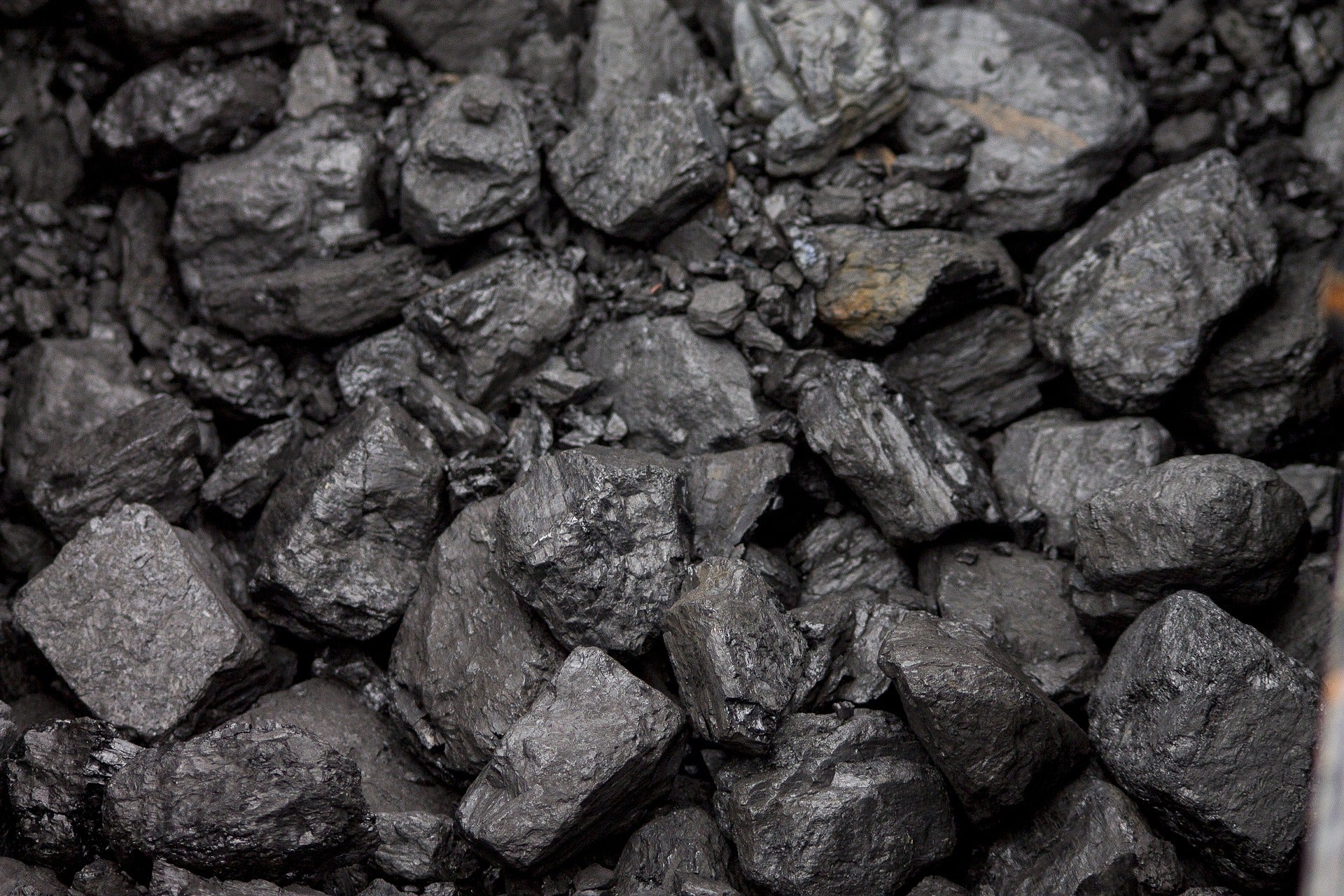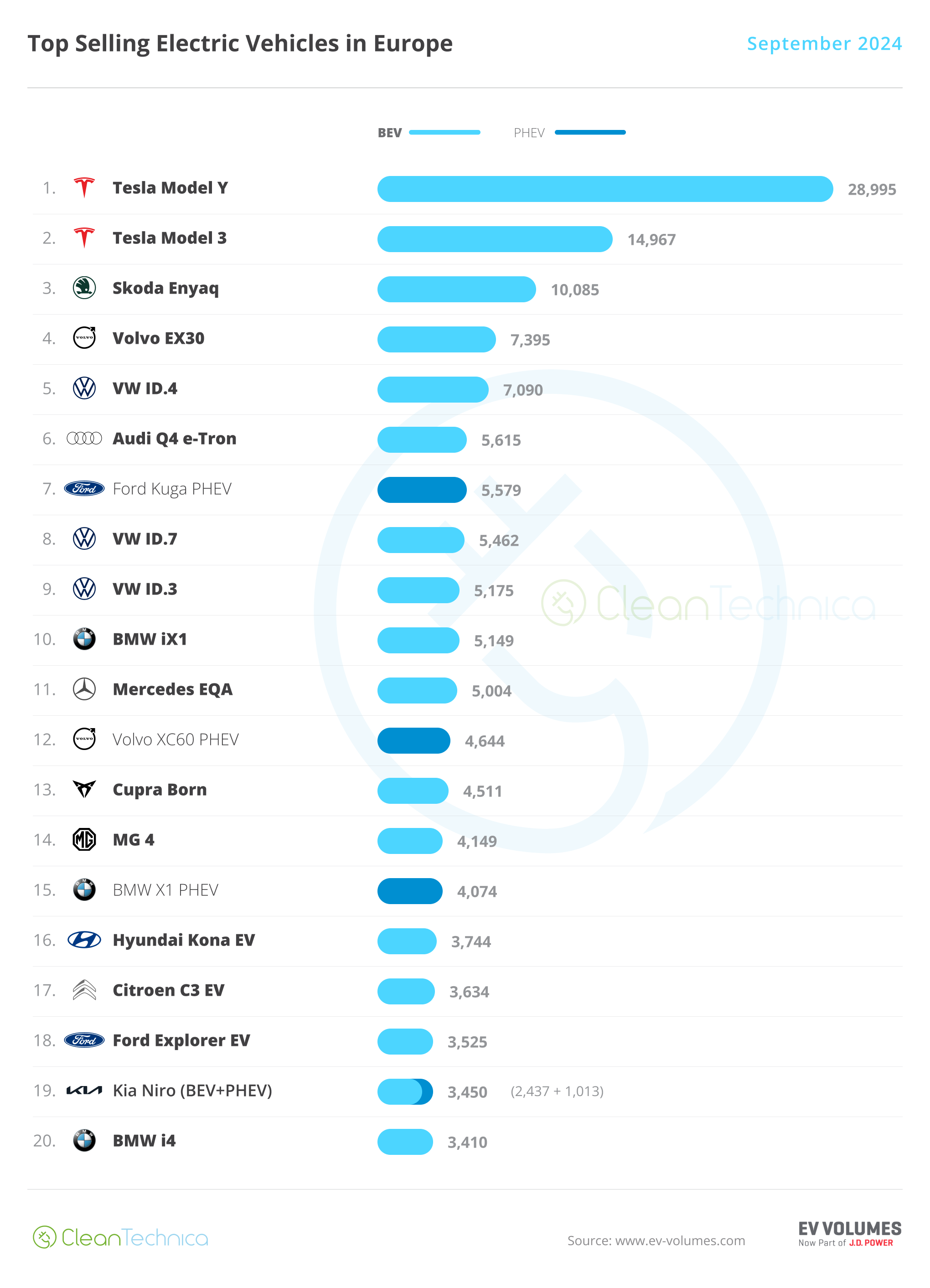
The Delaware Supreme Court has ruled unanimously that Attorney General Kathy Jennings’ case against agrochemical giant Monsanto can move forward in Superior Court.
“We thank the Court for its unanimous affirmation that our case can move forward in Superior Court,” said AG Jennings. “This ruling is a victory for Delaware’s ability to hold polluters accountable and to make our communities — including and especially people of color who disproportionately live near contaminated industrial sites — cleaner, healthier places to live. Our work is not done — but we are bringing Monsanto back to Court, and we’re ready to fight on for the people of this state.”
Jennings, through the DOJ’s Office of Impact Litigation, first filed suit against Monsanto and two of its corporate spinoffs in September 2021, citing long-lasting damage to Delaware’s natural resources. The lawsuit sought to recover damages and clean-up costs associated with polychlorinated biphenyls (PCBs), extremely toxic and persistent chemicals which Monsanto manufactured for decades, despite knowing the dangers they posed to the environment and public health.
A Superior Court judge in July 2022 dismissed the State’s complaint; the State subsequently appealed the ruling to the Supreme Court, which on Friday affirmed in part and reversed in part the Superior Court decision. The Supreme Court ruled that the State can move forward with its public nuisance and part of its trespass claims, and remanded the case back to Superior Court.
The 2021 complaint argued that Monsanto knew as early as 1937 that PCBs had systemic toxic effects in humans and animal; that it not only understood, but actively promoted the fact that PCBs do not naturally break down; and that despite full awareness of these dangers, Monsanto determined, in its own words, that it could not “afford to lose one dollar of business,” and continued to manufacture, market, and sell PCBs because “selfishly too much Monsanto profit” would otherwise be lost.
Monsanto was the only major manufacturer of PCBs in North America for nearly half a century, until Congress banned the chemicals’ domestic manufacture in 1978. Despite that ban, PCBs continue to pollute Delaware’s natural resources and waterways, including the Delaware River, Delaware Bay, and the Christina River Basin, as well as fish and wildlife throughout the State. Disturbances to contaminated waterway sediment – including dredging – can exacerbate the issue.
PCBs were used for decades as a component of products including hydraulic fluids, heat transfer fluids, and insulating fluids for electric equipment, as well as paint, caulking, and the emulsion used to coat carbonless copy paper. According to the Centers for Disease Control and Prevention, PCBs are known to cause cancer in animals and the EPA has concluded that they are probable human carcinogens. According to the Agency for Toxic Substances & Disease Registry, PCB exposure can cause serious liver damage, depressed immune system function, skin conditions such as acne and rashes, significant irritation of and harm to the nose and lungs, gastrointestinal discomfort, changes in the blood and liver, depression, fatigue, and learning capacity impairment.
PCBs are difficult and expensive to remove from the environment, and they accumulate in the fatty tissues of living organisms. As a result, these toxic chemicals infiltrate the food chain and accumulate in escalating concentrations as species higher up the food chain—including predatory fish, marine mammals, and humans—feed on smaller species.
Department of Justice | Department of Justice Press Releases
I don’t like paywalls. You don’t like paywalls. Who likes paywalls? Here at CleanTechnica, we implemented a limited paywall for a while, but it always felt wrong — and it was always tough to decide what we should put behind there. In theory, your most exclusive and best content goes behind a paywall. But then fewer people read it! We just don’t like paywalls, and so we’ve decided to ditch ours. Unfortunately, the media business is still a tough, cut-throat business with tiny margins. It’s a never-ending Olympic challenge to stay above water or even perhaps — gasp — grow. So …





